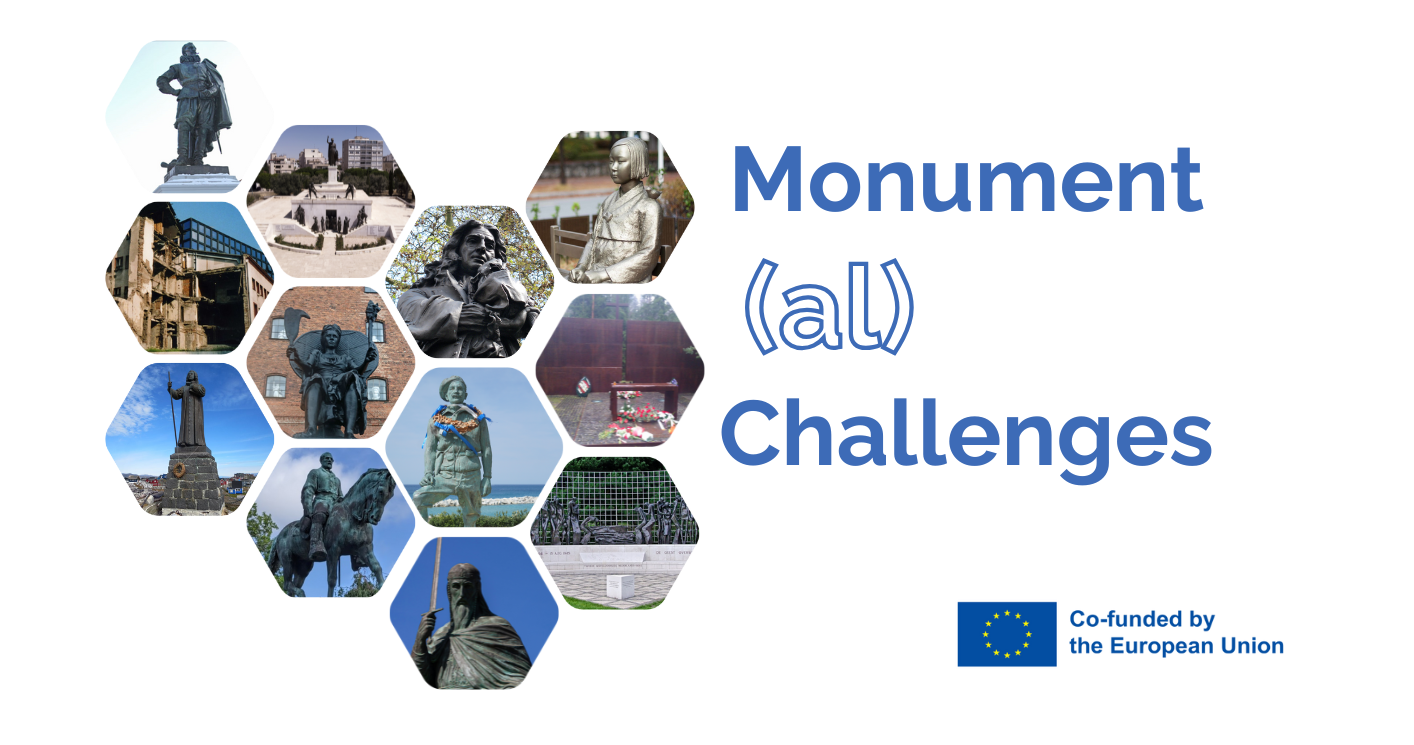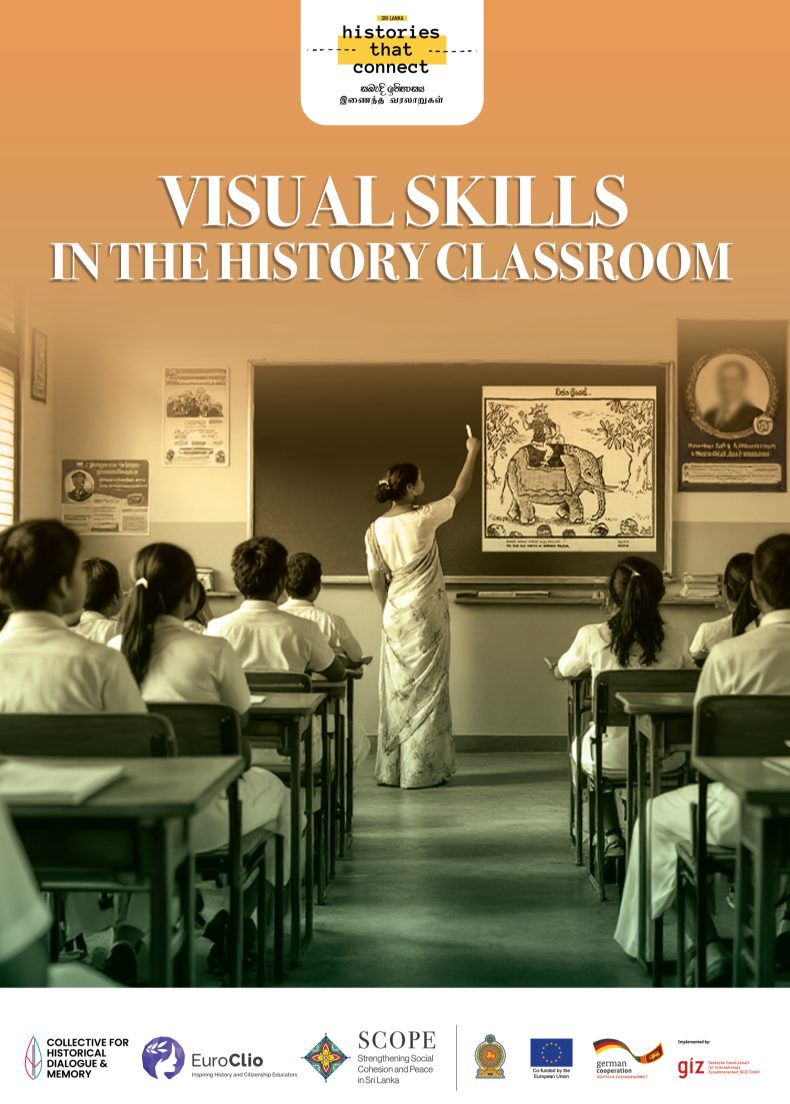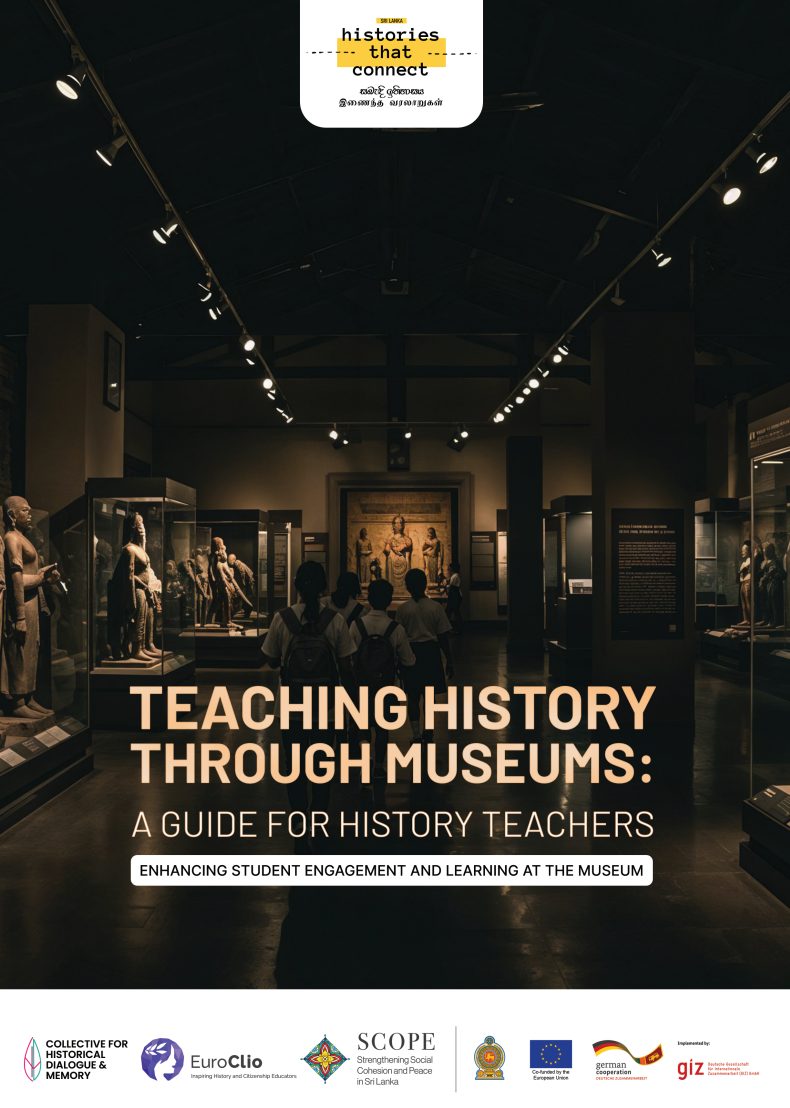About the Manifesto
In 2013, EuroClio published its “Manifesto on High Quality History, Heritage and Citizenship Education: 15 principles for the recognition of the distinctive contribution of history to the development of young people.” Only three years later, and thanks to the efforts of our members, the Manifesto is available in fourteen languages! Here you can read and download the Manifesto in the language of your choice.
The Manifesto was unanimously adopted by the EuroClio General Assembly in 2014. The document is based on twenty-five years of working experience in the field of history, heritage and citizenship education and grounded in European policies related to lifelong learning, competency-based learning and twenty-first century skills (knowledge, skills and attitudes). Regarding competences, the Manifesto draws on the European Reference Framework.
Read the Manifesto in your own language
Is your own language not available yet, and would you like to contribute to translating the Manifesto? EuroClio – Inspiring History and Citizenship Educators believes it is important to provide educational resources and other documents in as many languages as possible. This enables educators with less English proficiency to access resources in their own language. If you would like to contribute, please send a message to Steven Stegers (Executive Director, steven@euroclio.eu).





